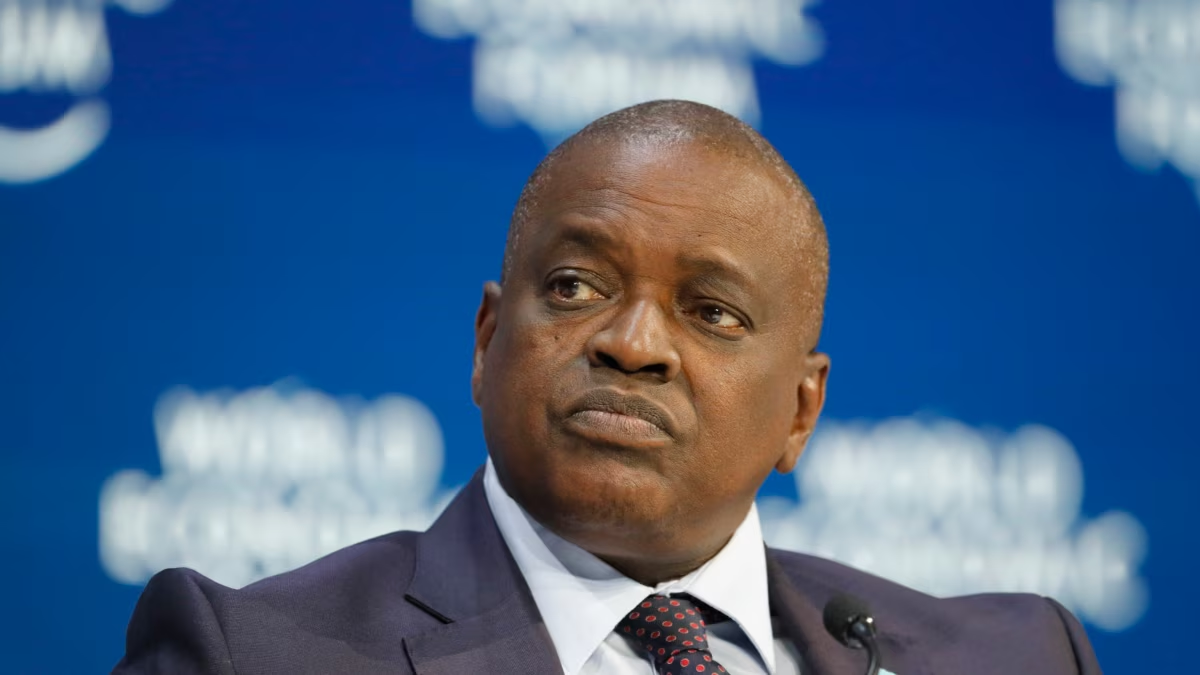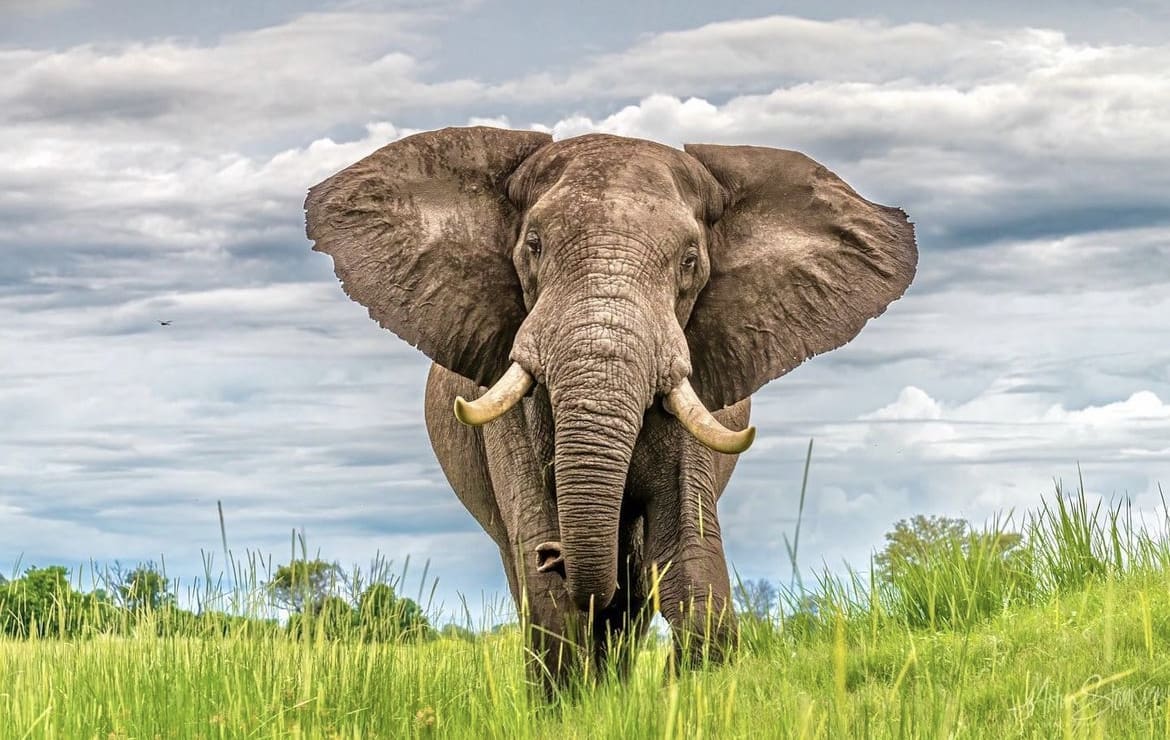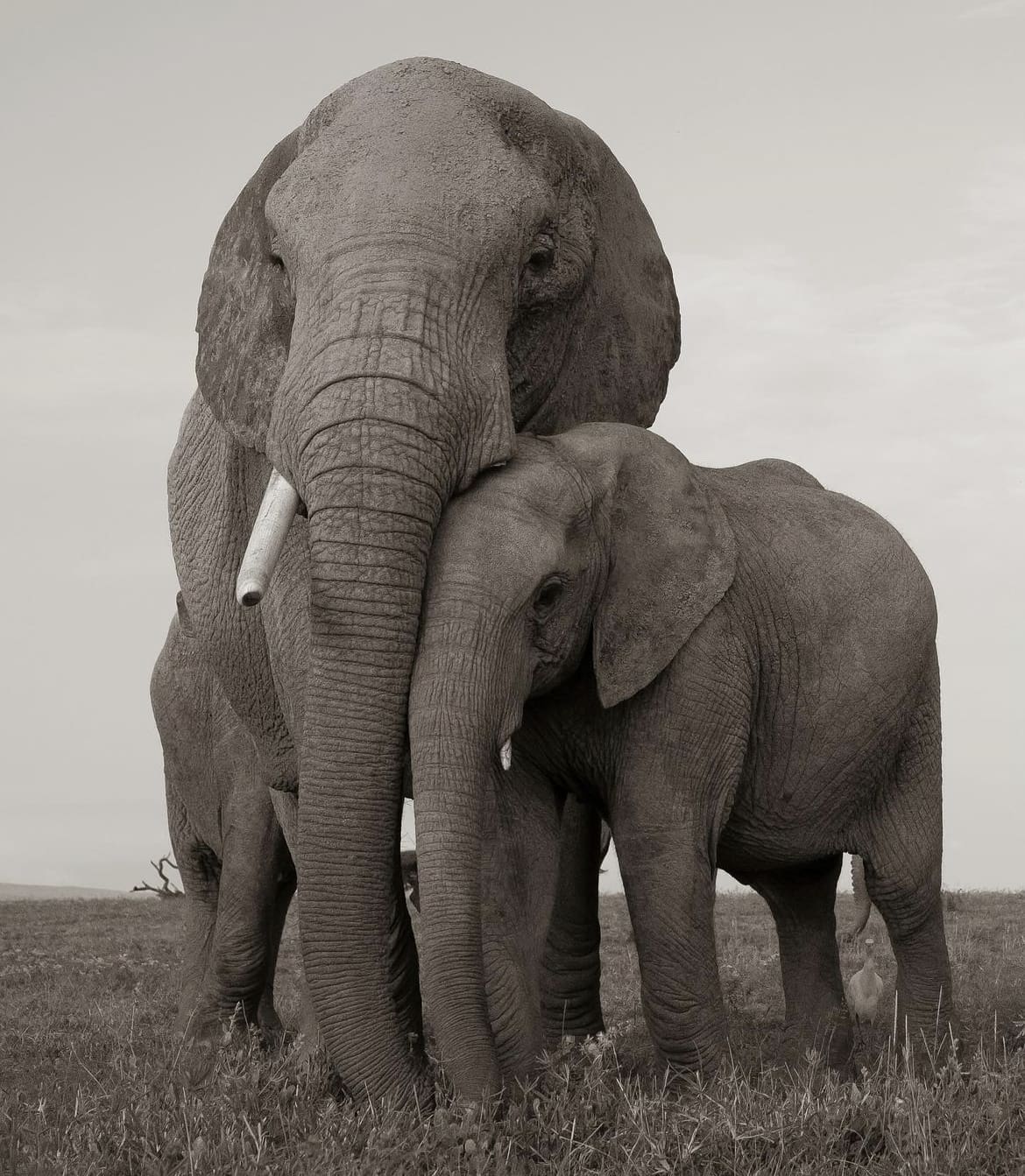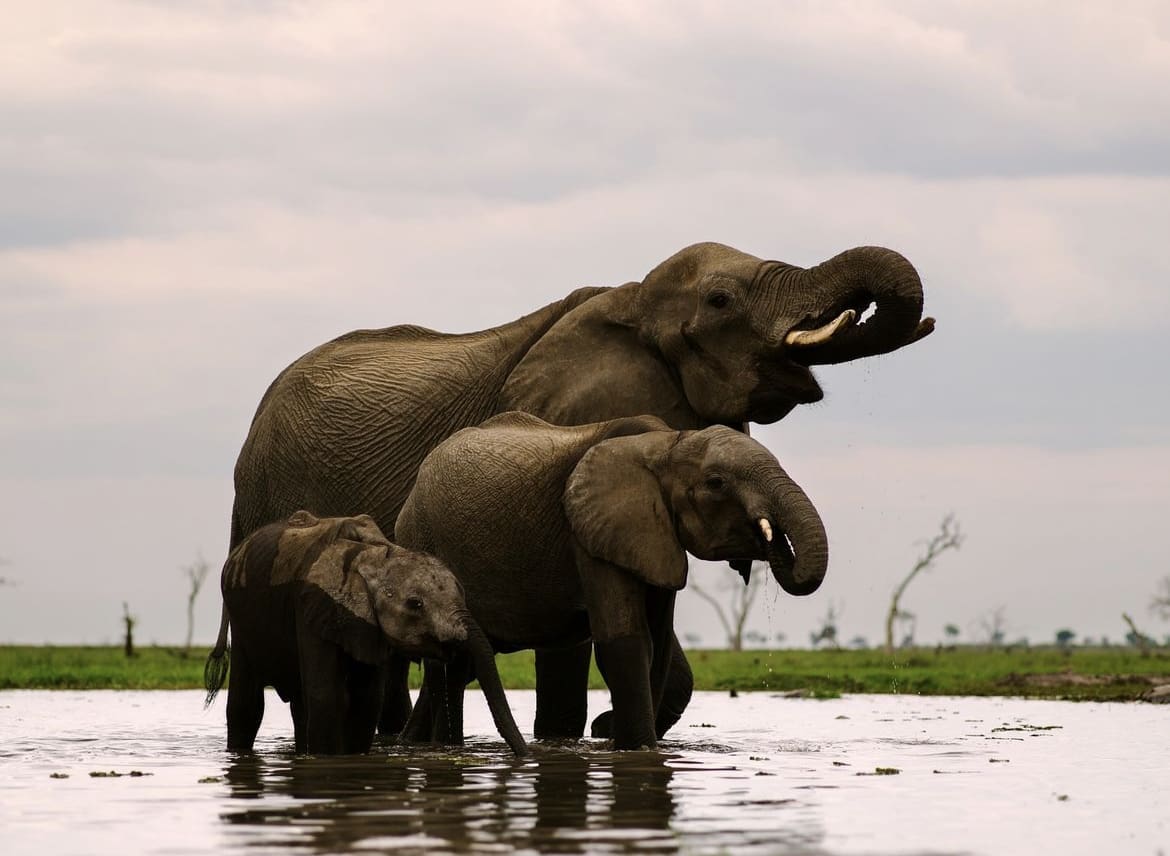Imagine waking up to find 20,000 elephants roaming the streets of Berlin. Sounds like a scene from a quirky alternate reality, doesn’t it? Yet, this could become an oddball headline if Botswana’s President Mokgweetsi Masisi has his way. In a move that feels like it’s straight out of a satirical news piece, President Masisi has threatened to send a whopping 20,000 elephants to Germany amidst a fiery dispute over the import of hunting trophies.
Now, before you start wondering about the logistics of such an endeavor (because, let’s face it, that’s a lot of elephants), let’s dive into the heart of the matter. Germany, led by its environment ministry and the Greens’ Steffi Lemke, has been mulling over stricter controls on hunting trophy imports, citing poaching concerns.
Their intentions, while noble, have sparked a heated debate on conservation, economic livelihoods, and the not-so-small matter of elephant overpopulation in Botswana.

Botswana, home to about a third of the world’s elephant population, is grappling with an elephantine problem – quite literally. With over 130,000 of these majestic creatures roaming its lands, the country faces issues ranging from trampled crops to dangerous encounters between elephants and humans.
The Botswanan government, in an attempt to manage this burgeoning population, has embraced hunting as a necessary evil, a means to keep the elephant numbers in check while funding conservation efforts through the sale of pricey hunting permits to wealthy Westerners.
It’s here that the plot thickens. Germany, the EU’s largest importer of African elephant trophies, finds itself in Botswana’s crosshairs. President Masisi’s proposition to “gift” Germany 20,000 elephants is as much a diplomatic curveball as it is a statement on the complexities of wildlife management and international conservation politics.
The twist? Botswana has been down this road before, having lifted a ban on trophy hunting in 2019 to tackle the elephant overpopulation crisis, after a five-year hiatus.
The move was controversial, sparking a global debate on conservation ethics, the effectiveness of hunting in population control, and the implications for local communities dependent on wildlife tourism and agriculture.

In an edgy turn of events, Botswana even suggested sending 10,000 elephants to London’s Hyde Park, a move that reeks of frustration and a desperate cry for a more nuanced understanding of the challenges faced by countries at the forefront of wildlife conservation.
The underlying message? Conservation is not a one-size-fits-all endeavor, and decisions made in the comfortable confines of a Berlin office can have profound, life-altering consequences for people and wildlife thousands of miles away.
As the world watches this tit-for-tat unfold, the issue transcends elephants and hunting trophies, touching on broader themes of colonial legacies, the north-south divide in environmental policy-making, and the quest for a sustainable coexistence between humans and wildlife. It’s a stark reminder that conservation is messy, complex, and fraught with ethical dilemmas, requiring a delicate balance between ecological needs, human livelihoods, and cultural sensitivities.
In a world where elephants could theoretically roam Berlin or Hyde Park, it’s clear that we need more than just strict import bans or sensational diplomatic threats.
What’s needed is a global dialogue that respects the sovereignty of nations like Botswana while addressing the international community’s environmental and ethical concerns.
Perhaps it’s time to rethink our approach to conservation, one that moves beyond the binary of to hunt or not to hunt, towards innovative solutions that benefit both wildlife and the people who live alongside them.
As for the elephants boarding flights to Germany, it remains a vivid metaphor for the urgent need to find common ground in the complex world of international wildlife conservation. Until then, let’s hope Berliners won’t need to invest in elephant-proof fences anytime soon.

Why Can’t These Elephants Be Moved Elsewhere in Africa?
Diving deeper into the elephant room—why not just shuffle these massive herds to less crowded spots within Africa? It’s not like the continent is short on space, right?
However, the issue is as thorny as a bush of Acacia. For starters, elephants are not just oversized garden gnomes you can relocate at will. These intelligent creatures have complex social structures, deep family bonds, and ancient migratory routes etched into their collective memory.
Plopping them into unfamiliar territories is akin to asking New Yorkers to suddenly adapt to life in rural Siberia—chaos is bound to ensue. Moreover, many African countries are wrestling with their own wildlife management puzzles, balancing between conservation, human-wildlife conflict, and the economic allure of land development.
Botswana’s offer to “gift” elephants to Angola and Mozambique wasn’t just a diplomatic gesture but a plea for regional burden-sharing in wildlife management.
Yet, the lukewarm reception to these offers reveals a continental conundrum: while Africa is rich in biodiversity, its capacity to manage this wealth sustainably is hampered by economic constraints, human encroachment, and the ever-looming shadow of climate change.
It’s a stark reminder that in the grand chessboard of conservation, every move counts, and sometimes, there are no easy checkmates.

Elephant Poaching in Africa
The specter of elephant poaching in Africa looms large, casting a long shadow over the continent’s conservation efforts. Despite significant strides made in anti-poaching technology and international collaboration, the illicit ivory trade continues to fuel a dark underbelly of crime and corruption.
Elephants, majestic icons of the African wilderness, find themselves at the epicenter of a deadly tug-of-war between the insatiable demand for ivory in markets thousands of miles away and the desperate efforts of conservationists and governments to protect these gentle giants.
In recent years, some regions have reported a stabilization, even a decrease, in poaching rates, thanks to enhanced law enforcement, community engagement, and global awareness campaigns. However, the battle is far from won.
The current situation is a precarious balance, with successes overshadowed by the relentless pressure from poaching syndicates, economic instability, and the challenge of ensuring that the benefits of wildlife conservation reach the local communities most affected by the presence of elephants.
As Africa grapples with the complexities of conservation in the 21st century, the plight of its elephants serves as a stark reminder of the cost of inaction and the urgent need for a global commitment to end the ivory trade once and for all.
Cover Image: Beverly Joubert
